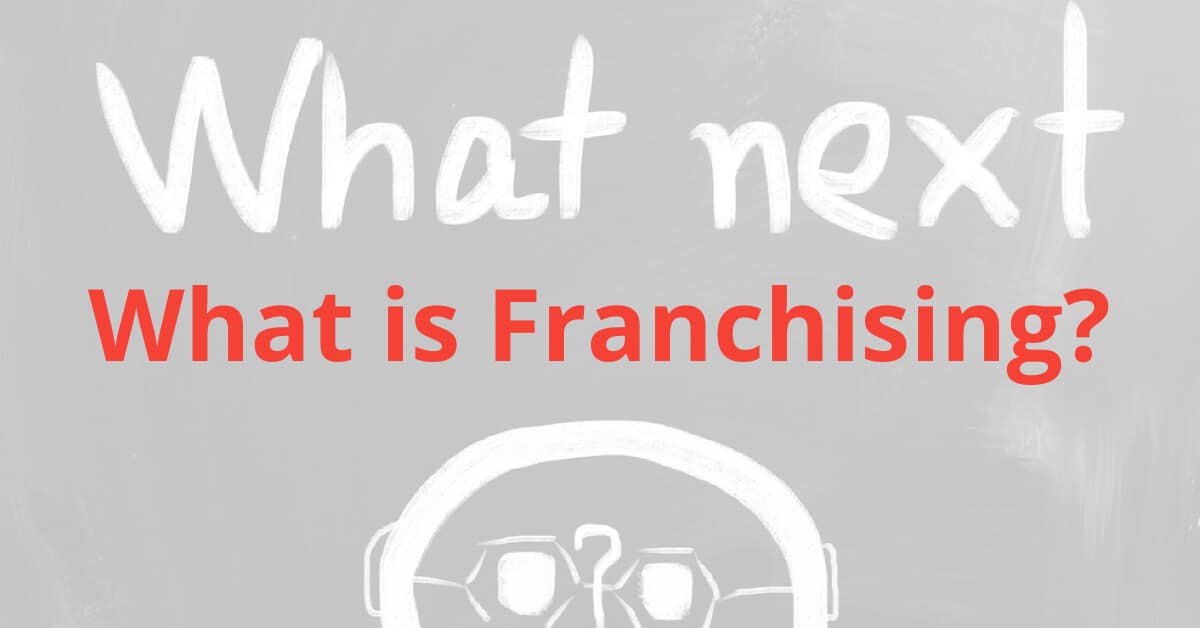What is franchising?
Franchising is a business model where a company sells franchises to other businesses or individuals who operate them under its brand name. Franchises usually offer a standardized menu of services such as retail stores, restaurants, or gas stations.
Franchising has become very common over the last decade. The number of franchise companies in the U.S. increased from 2,500 in 1990 to nearly 15,000 today. In addition, the total revenue generated by franchise companies rose from $48.2 billion to $88.4 billion between 2000 and 2015.
Franchising is a great way to start a business because it allows you to focus on the core tasks of running a business without having to worry about the details. Plus, it provides access to a proven business model and a ready-made customer base.
What are some examples of franchise systems?
Franchise systems are becoming increasingly popular. They allow companies to offer their services at a lower cost because they don’t have to build or maintain their own facilities. In addition, these franchises can also provide customers with consistent service and quality.
Franchises are businesses that sell something under another company’s brand name. For example, McDonald’s sells hamburgers under its own brand name, but offers them under other brands such as KFC.
Franchise systems are growing rapidly across industries. The latest research indicates that there are over 40 million franchise businesses operating around the globe. These numbers are expected to increase even further in the future.
What are advantages and disadvantages of franchising?
Franchising has become a very common way to start a new business or expand an existing one. Franchises offer several benefits such as access to a large customer base, economies of scale, and brand recognition. On the other hand, they also come with some drawbacks like high initial costs, franchise fees, and limited control over operations.
Franchising is a form of business ownership where a company licenses another company’s intellectual property (IP) to operate under its name. In return, the licensor receives royalties from the licensee. The franchisor typically provides training, marketing support, and ongoing operational assistance.
There are pros and cons associated with franchising. Some benefits include reduced startup costs, increased efficiency, and greater flexibility. However, there are also risks involved. For example, the franchiser may take advantage of the licensee, and the licensee may fail to meet expectations.
How do franchises work?
Franchises are businesses that operate under a single brand name. They usually offer a range of services or products, such as restaurants, coffee shops, retail stores, etc. Franchising has become extremely popular over the last decade because of its low start-up costs and high profit margins.
Franchising is becoming increasingly popular in today’s global economy. The franchise model is now being adopted by companies around the world, especially in developing countries where they are considered a viable option for growth.
Franchise owners typically pay a fee to license their brands from a franchisor. In return, they receive training and support, marketing materials, and access to customer service representatives. This allows them to focus on running their business without having to worry about the day-to-day operations.
What is a franchise agreement?
A franchise agreement is a legal document that governs the relationship between a franchisor (the company that owns the trademark) and a franchisee (the individual or group who buys into the brand). The franchise agreement outlines the rights and responsibilities of both parties.
Franchise agreements vary from state to state. Some states require a franchise agreement before a franchise can operate legally, while other states allow franchises without a franchise agreement.
Franchise agreements are typically written contracts that govern the relationship between a franchised business and its franchisees. Franchises offer potential franchisees a way to start their own businesses without having to build a large capital base or spend years learning the ropes.
What type of franchise work?
Franchisees often ask themselves whether they should start their own business or join a franchise. There are pros and cons to both options. How does each option compare?
A franchise offers a proven system for success. The franchisor has already spent time and resources building a brand, marketing strategy and systems to support the franchisee. This means that the franchisee only needs to invest money into opening a location and training staff.
On the other hand, starting your own business requires a significant amount of investment. You must build a brand, develop a marketing plan, hire employees and manage operations.

Is franchising business for you?
Franchising has become very popular over the last decade. Many people are now interested in starting their own franchise businesses. If you want to get into franchising, then you should consider these questions before taking the plunge.
Franchising is a way of running a business through another person or company. The franchisor provides the brand name, training, marketing support and other resources needed to run the business. Franchisees pay a fee to join the franchise and agree to follow its rules and regulations.
There are pros and cons to owning a franchise. In some instances, franchises can provide a great opportunity to start a new business. On the other hand, they can also be costly and time consuming.
Whatever your choice or reason to setup a Franchise business, you will need to invest your time, money and effort to make it grow and the success of this business like any other business is how much of your time you can put into the business to make it grow. Money is not the only investment you put into a franchise and like any other business, your time and effort will play a huge role in reaping those rewards!
Example of Franchise Business in the Philippines
- Mcdonald’s Franchise
- Jollibee Franchise
- Potato Corner Franchise
- Master Siomai Franchise
- Zagu Franchise
- Mr. Liempo Franchise
- Aquabest Franchise
- Turks Franchise
- Bayad Center Franchise
- Noodle House Franchise
- PCOS Lotto Franchise
- Food Cart Franchises






































